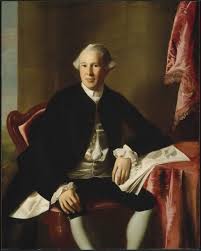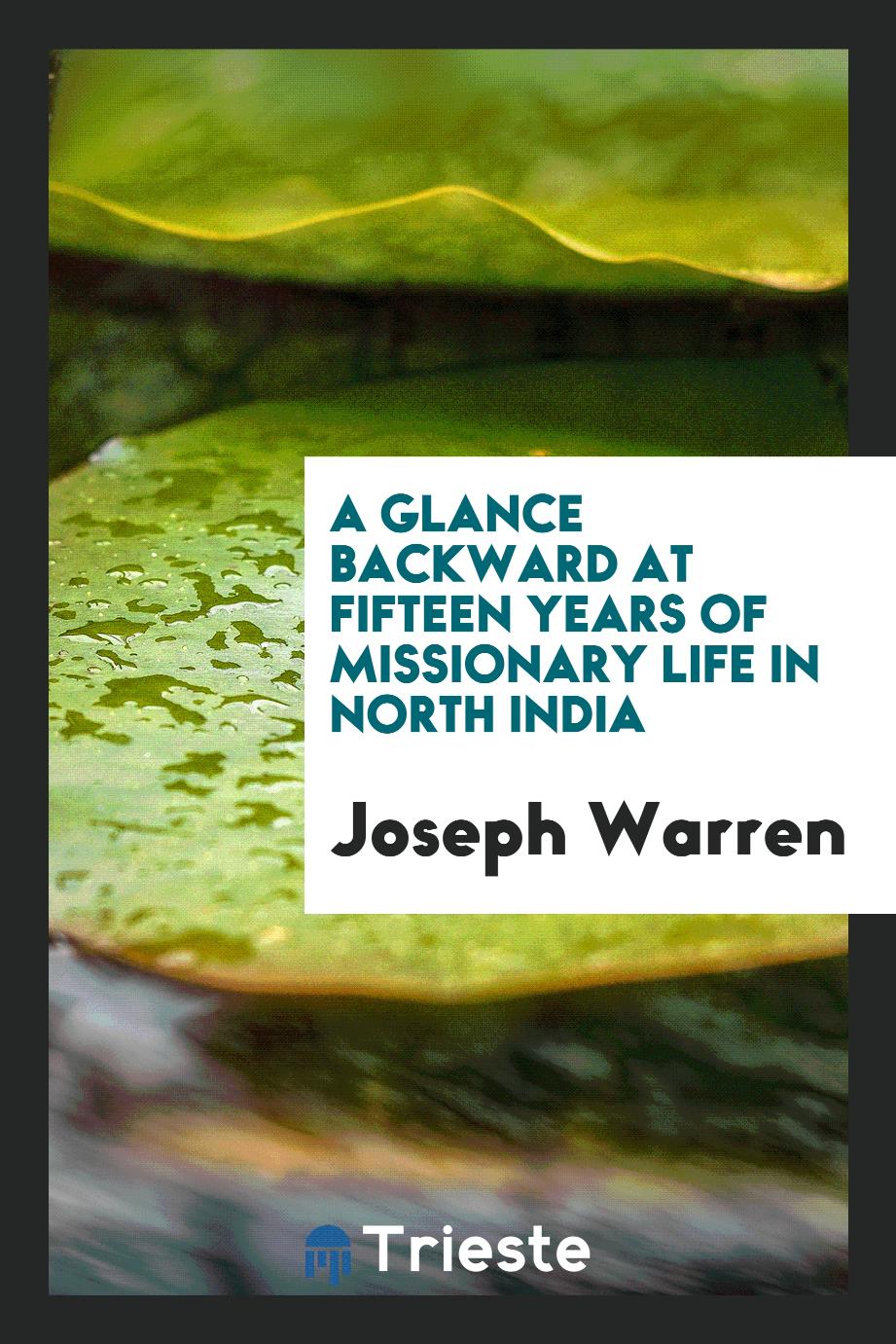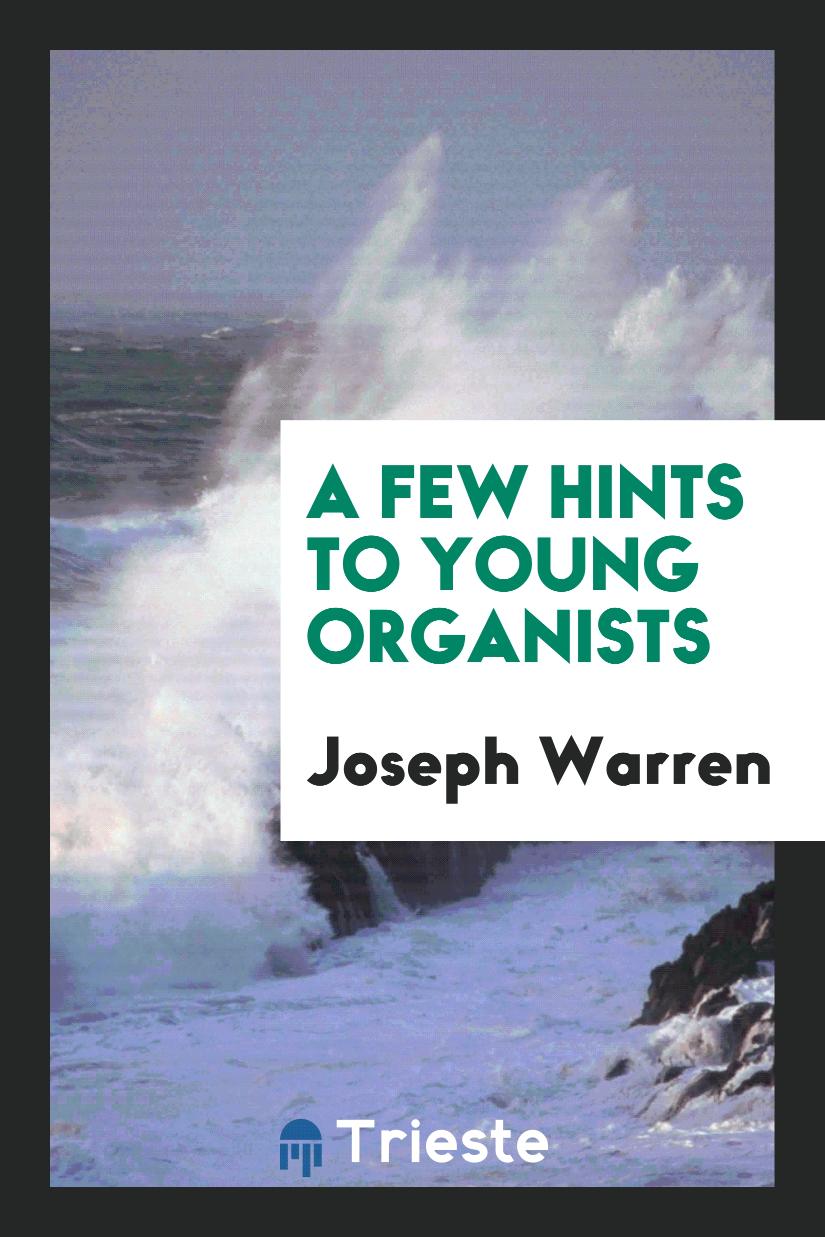
Joseph Warren
Joseph Warren (June 11, 1741 - June 17, 1775) was an American physician who played a leading role in Patriot organizations in Boston during the early days of the American Revolution, eventually serving as President of the revolutionary Massachusetts Provincial Congress. Warren enlisted Paul Revere and William Dawes on April 18, 1775, to leave Boston and spread the alarm that the British garrison in Boston was setting out to raid the town of Concord and arrest rebel leaders John Hancock and Samuel Adams. Warren participated in the Battles of Lexington and Concord the following day, which are commonly considered to be the opening engagements of the American Revolutionary War. Warren had been commissioned a major general in the colony's militia shortly before the June 17, 1775 Battle of Bunker Hill. Rather than exercising his rank, Warren chose to serve in the battle as a private soldier, and was killed in combat when British troops stormed the redoubt atop Breed's Hill. His death, immortalized in John Trumbull's painting, The Death of General Warren at the Battle of Bunker's Hill, June 17, 1775, galvanized the rebel forces. He has been memorialized in the naming of many towns, counties, streets, and other locations in the United States, by statues, and in numerous other ways. Joseph Warren was born in Roxbury, Province of Massachusetts Bay, to Joseph Warren and Mary (née Stevens). His father was a respected farmer who died in October 1755 when he fell off a ladder while gathering fruit in his orchard. After attending the Roxbury Latin School, Joseph enrolled in Harvard College, graduating in 1759, and then taught for about a year at Roxbury Latin. He studied medicine and married 18-year-old heiress Elizabeth Hooten on September 6, 1764. She died in 1773, leaving him with four children: Elizabeth, Joseph, Mary, and Richard. Before his death in 1775, he was engaged to Mercy Scollay. While practicing medicine and surgery in Boston, he became involved in politics, associating with John Hancock, Samuel Adams, and other leaders of the broad movement labeled Sons of Liberty. Warren conducted an autopsy on the body of young Christopher Seider in February 1770, and was a member of the Boston committee that assembled a report on the following month's Boston Massacre. Earlier, in 1768, Royal officials tried to place his publishers Edes and Gill on trial for an incendiary newspaper essay Warren wrote under the pseudonym A True Patriot, but no local jury would indict them. In 1774, he authored a song, "Free America", which was published in colonial newspapers. The poem was set to a traditional British tune, "The British Grenadiers." Joseph Warren joined the Scottish Rite Freemasonry, being initiated in the St. Andrew's Lodge, and later became Past Provincial Grand Master of Massachusetts.

